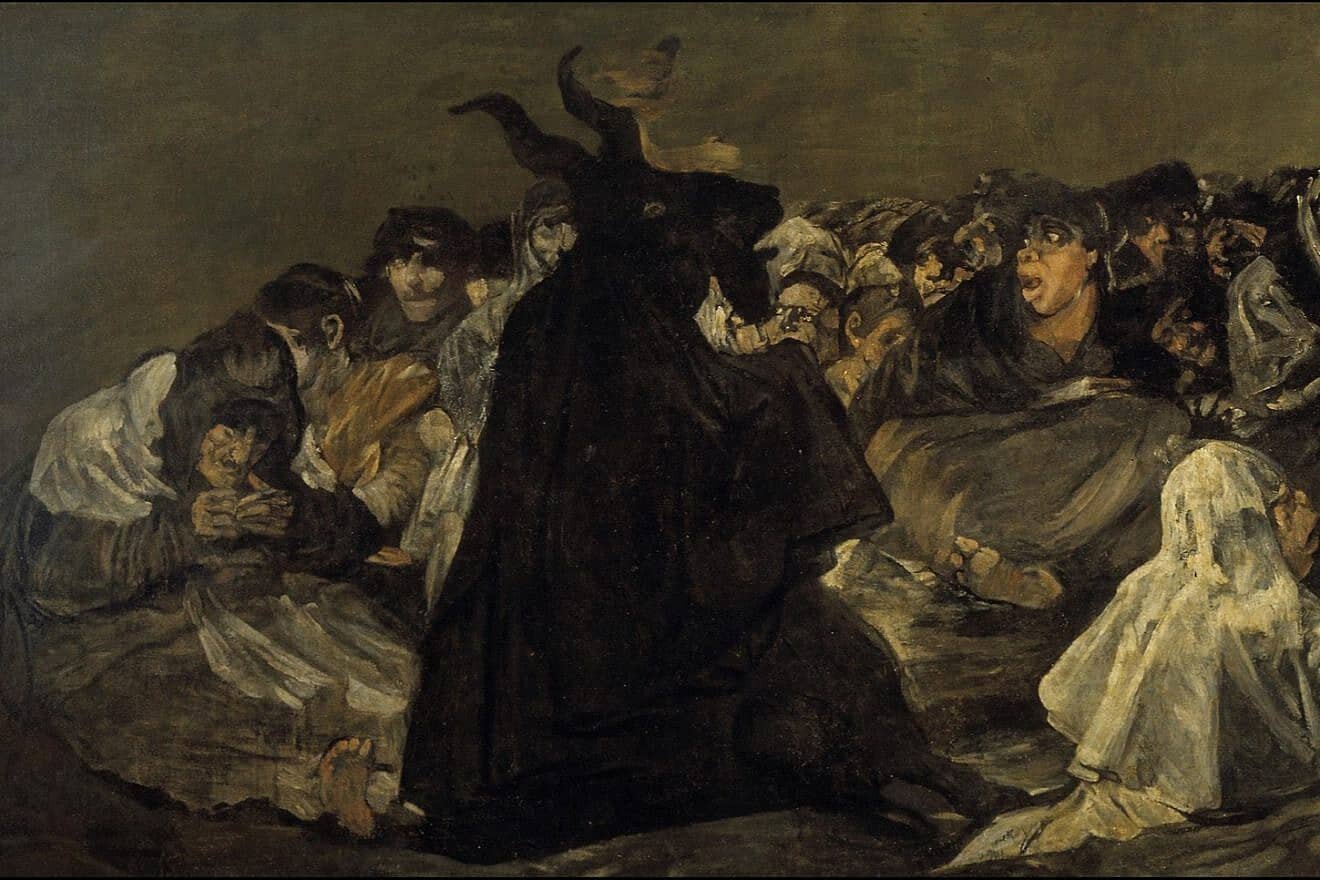We are eternal optimists, trusting in G-d’s care
I once interviewed former Israeli Ambassador to the US Zalman Shoval, who was in his 90s (he is approaching 94 this month). He had lived the entirety of Israel’s history, often in high political and diplomatic positions, so at the end of our conversation, I asked if, given everything he had seen in his life, he was an optimist. He smiled and said, “I think Jews have to be optimists.”
I’m not sure whether Jews have to be optimists, but most of us are optimists. Considering everything we’ve been through over the past 2,000 years, this is a rather remarkable thing, but it is the case. For millennia, the Jews have been strikingly inept at despair. Indeed, it is difficult to think of any great Jewish thinker who was a confirmed pessimist. There is Kohelet, whose Book of Ecclesiastes is one of the great statements of philosophical pessimism. And there is Kafka, who on his deathbed reportedly said, “There is no hope in this world. In the world to come, perhaps, but not in this one.” No one else springs immediately to mind, which says something in and of itself.
This absence of a pessimistic worldview may be the result of the messianic hope bored deep into the foundations of Judaism. Or perhaps Shoval was right that we have no choice. As James Baldwin put it, “I have to be an optimist, because I’m alive.” It may be as simple as that.
Perhaps neither optimism or pessimism is particularly warranted. The traditional Jewish view tends to hold that there is a good inclination and an evil inclination, and we choose between them. There is no reason to think one will by definition triumph over the other.
Recently, however, a darker possibility occurred to me. Last week, probably for masochistic reasons, I was reading the New York Times editorial page. In it, one of the Times’ more lamentable columnists described the dire situation in Ukraine. Suddenly, the writer veered off into a rant that claimed it is Israel’s fault that the US is finding it difficult to muster up international support for the Ukrainian war effort. The “international community,” the writer claimed, was constantly asking American diplomats why it should support Ukraine while the US is supporting Israel. After all, aren’t Israel and Russia doing the same thing?
• • •
At that point, I thought: It’s a bad world. The only way Israel and Russia could be doing the same thing is if Ukraine sent hundreds of terrorists into Russia to slaughter, rape and torture thousands of innocent Russians in a genocidal religious frenzy. Comparing Israel’s war to Russia’s is so obviously and maliciously false that it could only be done by someone who knows it is false and does it anyway. In other words, someone who is a bad person.
If what the writer said is true — and it may well be — then we must accept that “the world” is largely composed of bad people and many of them wield considerable power. What can we say of such a world except it’s a bad world?
This is a difficult question for Jews. The idea that the world is essentially evil is not a Jewish one. It was for the most part a Christian invention and most fervently embraced by the now extinct Gnostic heretics. Even the orthodox Christian view of a “fallen” world is somewhat attenuated and always promises ultimate redemption.
The Kabbalah does posit that the world was shattered at the very moment of creation and we are all living in the wreckage. However, Kabbalistic thought is also passionately messianic, never doubting that the world will be repaired and made whole again in the inevitable tikkun olam.
But what if tikkun is not enough? What if, after centuries of persecution, pogroms, blood libels, religious apartheid, discrimination in all areas of life, the Holocaust, decades of terrorism, and now Oct. 7, the time has come for the Jews to condemn the world itself? To accept that the world is irredeemable?
Perhaps we should finally admit there will be no tikkun olam because the world is unworthy of being repaired. Perhaps we should simply get on with dealing with the world as it is — a bad world.
I have no good answers to these questions. To believe that the world is actually evil and we are all living in the Kabbalah’s Sitra Achra whether we like it or not is further than I am prepared to go. Perhaps when the whirlwind of war and hate passes, the world will look different.
For myself, if there is any optimism to be had at the moment, it may be in Rabbi Hillel’s admonition: “In a place where there are no men, strive to be a man.”
That is, remain who you are even when the world is telling you not to. It may be a bad world, but you need not accept its badness. There is dignity and power in telling the gods to go to hell. Perhaps the knowledge that no one can stop us from doing so is optimism enough for now.

 66.0°,
Shallow Fog
66.0°,
Shallow Fog 





